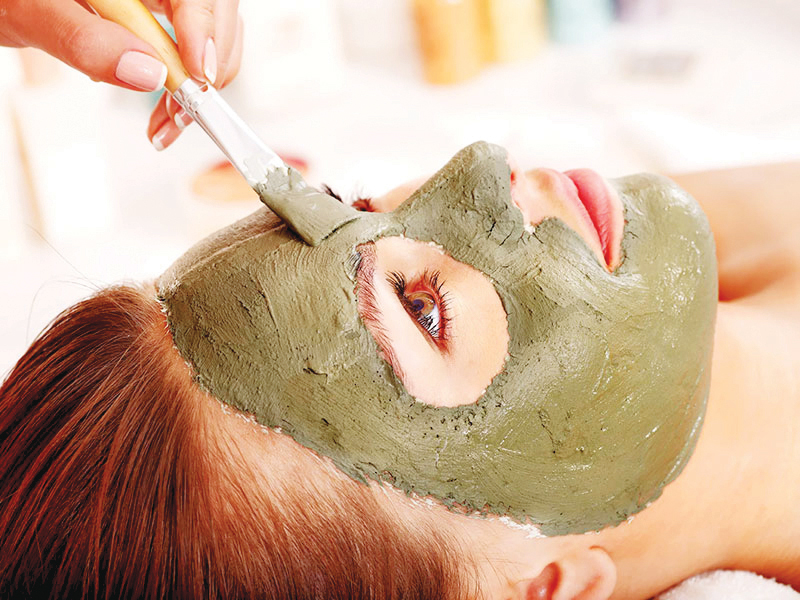

Since time immemorial, plant essences have been used in the treatment of various ailments. They are also considered to be highly effective in enhancing beauty. According to World Health Organisation estimates, there are over 35,000-70,000 species of plants that are used for medicinal purposes around the world. Journal of Taibah University for Science says that the Arabian Gulf is considered the land of traditional healing, and herbal remedies were the primary form of health- care in the region until recently.

Oman has 1,204 terrestrial plants, many of which are reported to be used in traditional medicine. However, less than 10 per cent of terrestrial species in the Gulf region have been screened for medicinal use.
While most manufacturers of herbal products try to maintain standards there are also traders who may provide herbalists with poor quality remedies.
Worse still, if you are buying herbal remedies through a cosmetic or food shop or elsewhere, there is an overwhelming range of products available and no certain guarantee of quality for it.
Researchers in the Sultanate stress on the need for strict controls on the rising number of businesses that engage in unhealthy and unethical practices in the ‘so-called herbal trade’ in the country.
According to them, what customers buy in the name of herbal cosmetics is often the same synthetic cosmetic with a herb or two added, which works to lure customers with the ‘natural safe’ image.
A product that says it’s ‘100 per cent natural’ may be misleading in the sense that it’s difficult to make a fully natural base, though not impossible, and is also
quite expensive, requiring advanced technology.
Dr Haider al Lawati, Head of the Chemistry Department of the College of Science, says, “We have to be very careful when we take alternative forms of medicines. Because many of us prefer to use natural treatments for illness through the use of herbs or medicine extracted from natural materials”.
Herbal medicines regulation in the Sultanate began in 2001. It is similar to legislation for conventional pharmaceuticals.
Marketing and sale of herbal medicines, products and equipment without prior approval from the authorities are banned in the country.
“Companies are using herbs in the manufacture of pharmaceuticals, such as pills, in the belief that these herbs are safer than allopathic medicines without any side effects, and if they are not efficient, at least they won’t do any damage. But you can’t be certain about this, because these medicines are not subjected to normal pharmaceutical control,” Dr Lawati discloses in a report published by Scientific Publishing and Outreach Department of Sultan Qaboos University.
“Unfortunately, many herbal medicines are not subject to major scientific studies. Some herbs may contain poisonous substance, the effect of which may not be instantaneous and direct, but may accumulate over years”, he says.
Another problem, according to Dr Lawati, is that primitive techniques are used in the manufacture of herbal drugs and that they are not subject to any international quality controls”.
While disputing the manufacturers’ claims that herbal medicines are 100 per cent safe, he says that they are not true.
“We all know that there are plants some of which are poisonous, and what guarantee do we have that these herbs have undergone thorough scientific tests”, he asks.
SAMUEL KUTTY
Oman Observer is now on the WhatsApp channel. Click here



